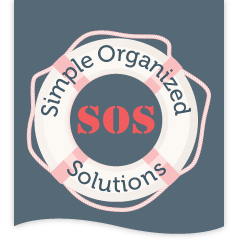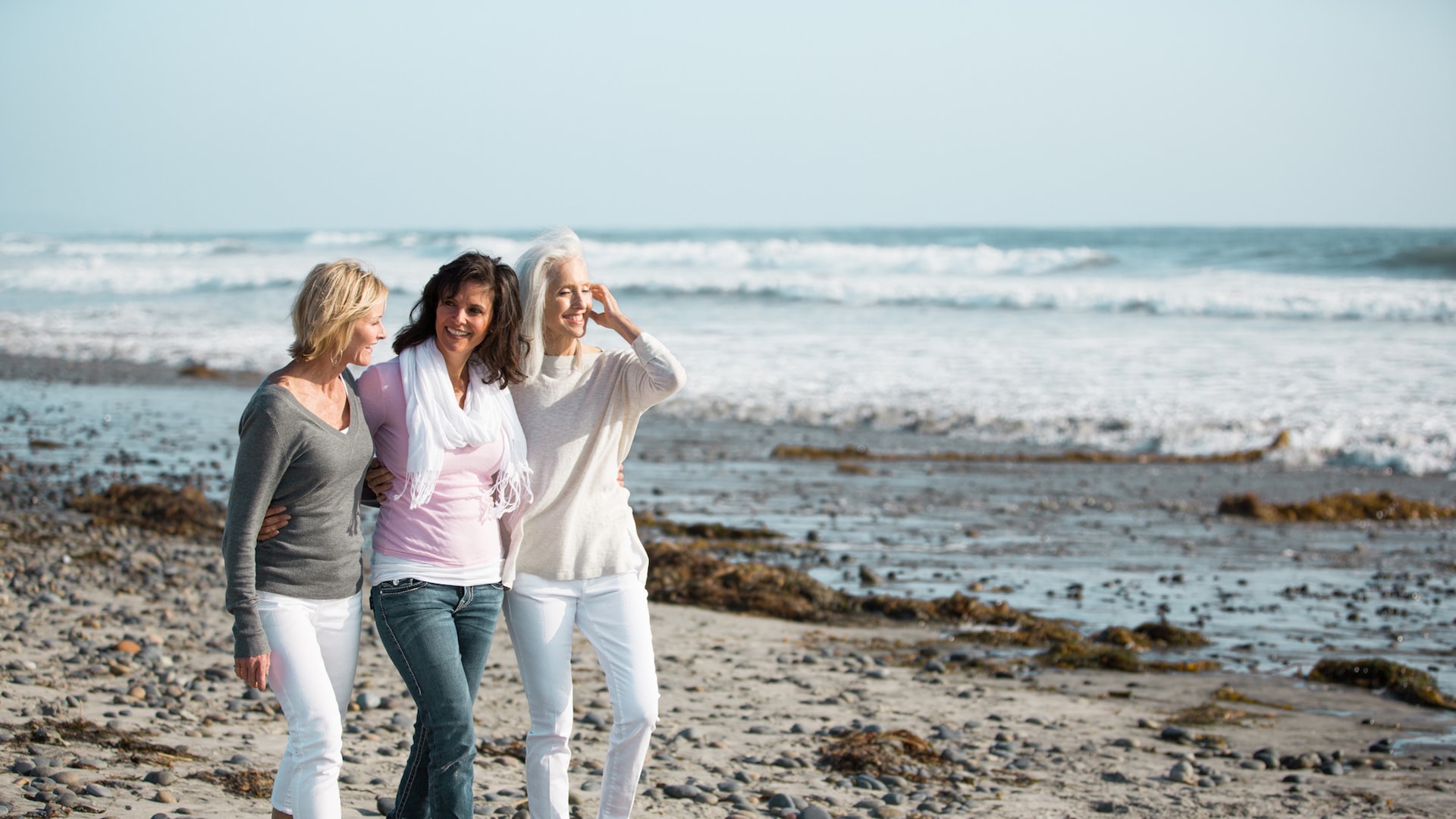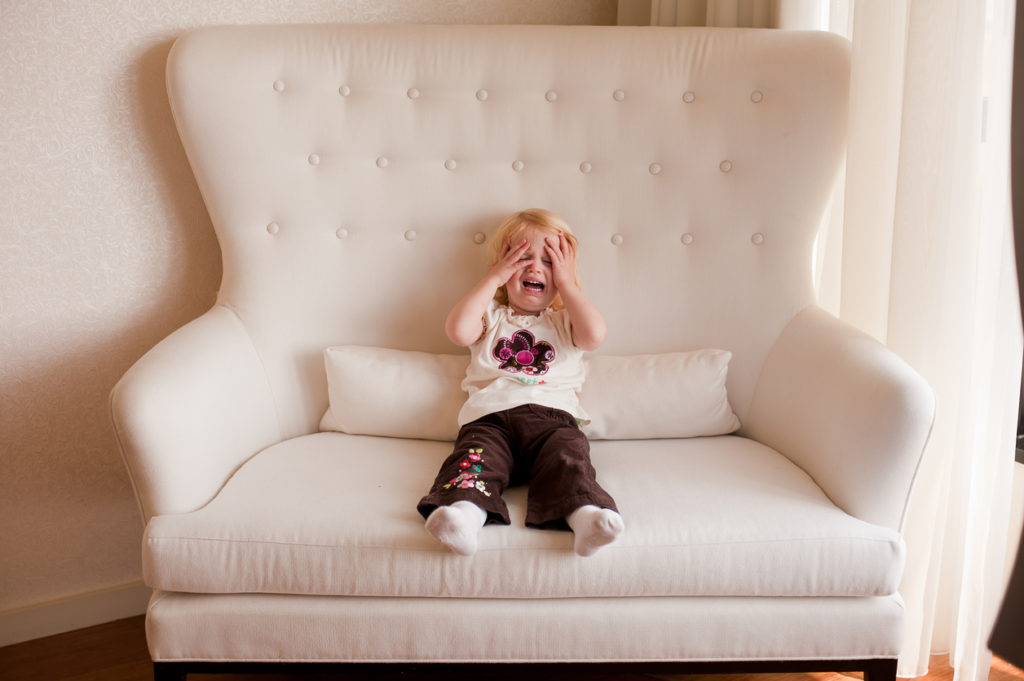 Self-care has always been critical to our well-being, even pre-pandemic. A quick internet search on this subject will yield many articles with tips and advice to create a regimen of your very own to implement. It’s important to pay attention to your physical and mental needs to stay healthy and happy.
Self-care has always been critical to our well-being, even pre-pandemic. A quick internet search on this subject will yield many articles with tips and advice to create a regimen of your very own to implement. It’s important to pay attention to your physical and mental needs to stay healthy and happy.
Reducing stress may be the most important part of any self-care regimen. Chronic stress can take its toll on your body both physically and mentally, so it’s important to have coping mechanisms in place to deal with stressful situations as they arise.
Being proactive in creating a self-care regimen to practice regularly can actually reduce the effect that stress has on your body overall. The list below shows some things that you can do that may work to reduce stress. These are just some examples that can be incorporated into your regimen long term.
- Meditation
- Exercise
- Soaking in a warm bath
- Comedy – movies, sitcoms, etc.
- Music
- Cup of tea
- Coloring book or other form of art
- Taking a walk
Fast forward to the beginning of 2020 when we started to learn about the COVID-19 pandemic. We focused on our physical well-being in terms of avoiding becoming infected with the virus. We were directed to stay home and away from others as much as possible to slow the spread. Self-care became even more important than ever, especially if you are a caregiver in some capacity.
Stress levels skyrocketed as the number of infected people went up and touched those close to us. Businesses were shutdown and essential supplies were becoming increasingly difficult to obtain. Not only was our physical well-being at stake, our mental health was quickly becoming an issue.
The biggest issue with our mental health, is that we are no longer allowed to touch, shake hands, kiss or hug another human; social distancing became the norm. Of course, couples that live together or parents can hug their own children that live with them but that’s it.
It may seem like a small thing, but as humans that are social beings, we use touch for affection and comfort. So, what happens when you can’t hug someone or even be close to other humans for a long period of time? It doesn’t bode well for our overall well-being.
If you’re like me that believes in hug therapy, you understand that this is really not a small issue. There are however, alternatives to hugs with another human being as mentioned in this article at the Amens Clinics website. This article also explains the benefits of hugs, as well as some ways to use your other senses that will provide that same feeling.
To create an on-going self-care regimen, I encourage you to do some research by understanding your own needs, as well as the tips provided in this article and the link to the article above. Stay healthy and happy!


